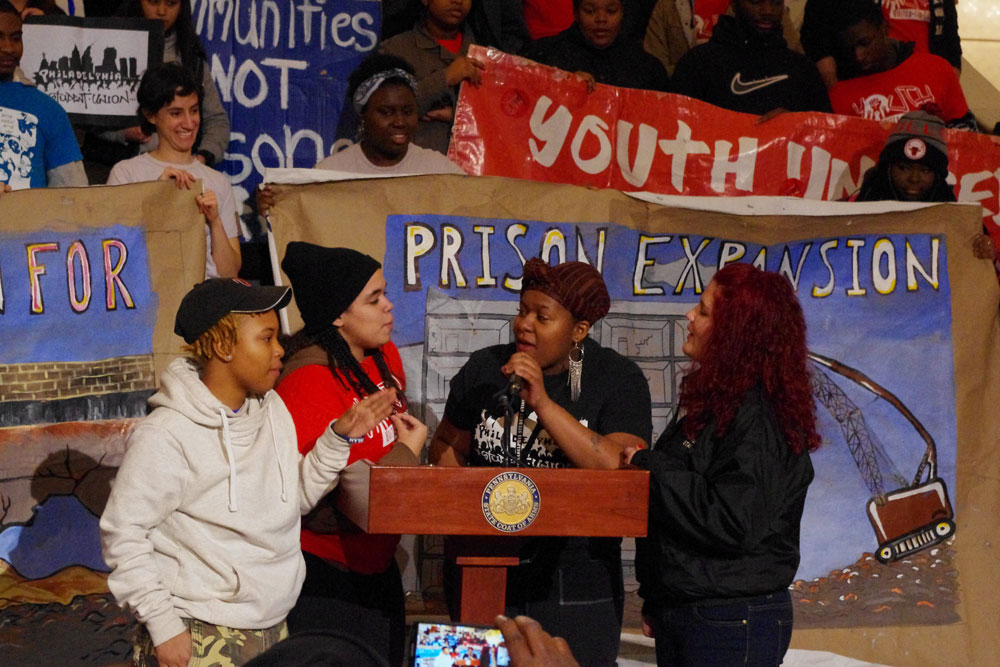
September 15, 2020; Brennan Center for Justice
A recently published study by the Brennan Center for Justice brings into clear view the harmful societal impact of our nation’s overreliance on criminal justice systems and documents the role it plays in deepening the racial wealth divide.
Nobel Prize-winning economist Joseph Stiglitz, one of the authors of “Conviction, Imprisonment, and Lost Earnings: How Involvement with the Criminal Justice System Deepens Inequality,” says the study’s “findings demonstrate that ending mass incarceration is an economic imperative as much as a moral one.”
The United States has prioritized police, courts, jails, and prisons as a bedrock component of its social system. It has grown to touch the lives of, according to the Brennan Center study, 70 million people—a fifth of the nation’s population.
7.7 million living Americans have at some point been imprisoned, about 12.1 million have been convicted of a felony without being imprisoned for it, and about 45 million have been convicted of at least one misdemeanor.
Those swept up in its net bear lifelong scars, with negative effects on individuals, families, and even communities as a whole. Carrying a criminal record is stigmatizing, putting good jobs and stable housing out of reach, depressing annual incomes, and making it difficult to accumulate wealth. What’s more, this burden, as with many others, has a disparate impact based on race: “White people who have a prison record see their earnings trend upwards, while formerly imprisoned Black and [Latinx] people experience a relatively flat earnings trajectory. Because Black and [Latinx] people are also overrepresented in the criminal justice system, these economic effects are concentrated in their communities and exacerbate the racial wealth gap.”
Sign up for our free newsletters
Subscribe to NPQ's newsletters to have our top stories delivered directly to your inbox.
By signing up, you agree to our privacy policy and terms of use, and to receive messages from NPQ and our partners.
“The roughly half-million dollars lost by the average formerly imprisoned person,” the report says, “is more than the entire lifetime earnings of someone who spends his or her life at the poverty line ($382,000). And this loss does not account for missed opportunities for additional wealth generation, from Social Security benefits to accrued interest on retirement accounts to forgone investment opportunities. These factors, taken together, demonstrate that imprisonment sets up people who are already disadvantaged for a profound loss of wealth and closes off pathways to upward economic mobility.”
The study’s authors recommend that some offenses’ penalties should be reduced or, like pot smoking, should be decriminalized. Alternatives to arrest, prosecution, and incarceration should be put to use. Barriers to employment and housing should be removed, and a more robust safety net created. All in all, they call for a shift from what has been called the prison-industrial complex to efforts that seek to build healthy and sustaining communities.
Their conclusions, emerging from a deep dive into the facts and figures of our current system mirror the vision of grassroots groups seeking change at the lowest levels. They reflect the same perspective NPQ cited in the words of Rabbi Rachel Goldenberg, founder of Malkhut and co-chair of Jews for Racial and Economic Justice’s rabbinic council: “We need to find solutions that are restorative and preventative. We need to find ways for neighbors to see a path forward where we understand our differences and stick up for one another anyway. The NYPD [New York Police Department] can only come in once the damage is done, and too often, an approach that relies on the criminal justice system just creates more pain and resentment.”
The study’s authors, like those demanding defunding and abolition of police departments, want to move resources away from what they call a set of “deeply misguided policy choices.” Mass incarceration, they say, “reflects and exacerbates so many dimensions of this country’s divides—in income and health, in voice and power, in access to justice, and most importantly, over race.”
Activists in our streets and scholars agree. We have a deeply biased system that focuses harm through the lens of 400 years of American racism. The solutions are there to be found, if we are willing to risk going for them.—Martin Levine













